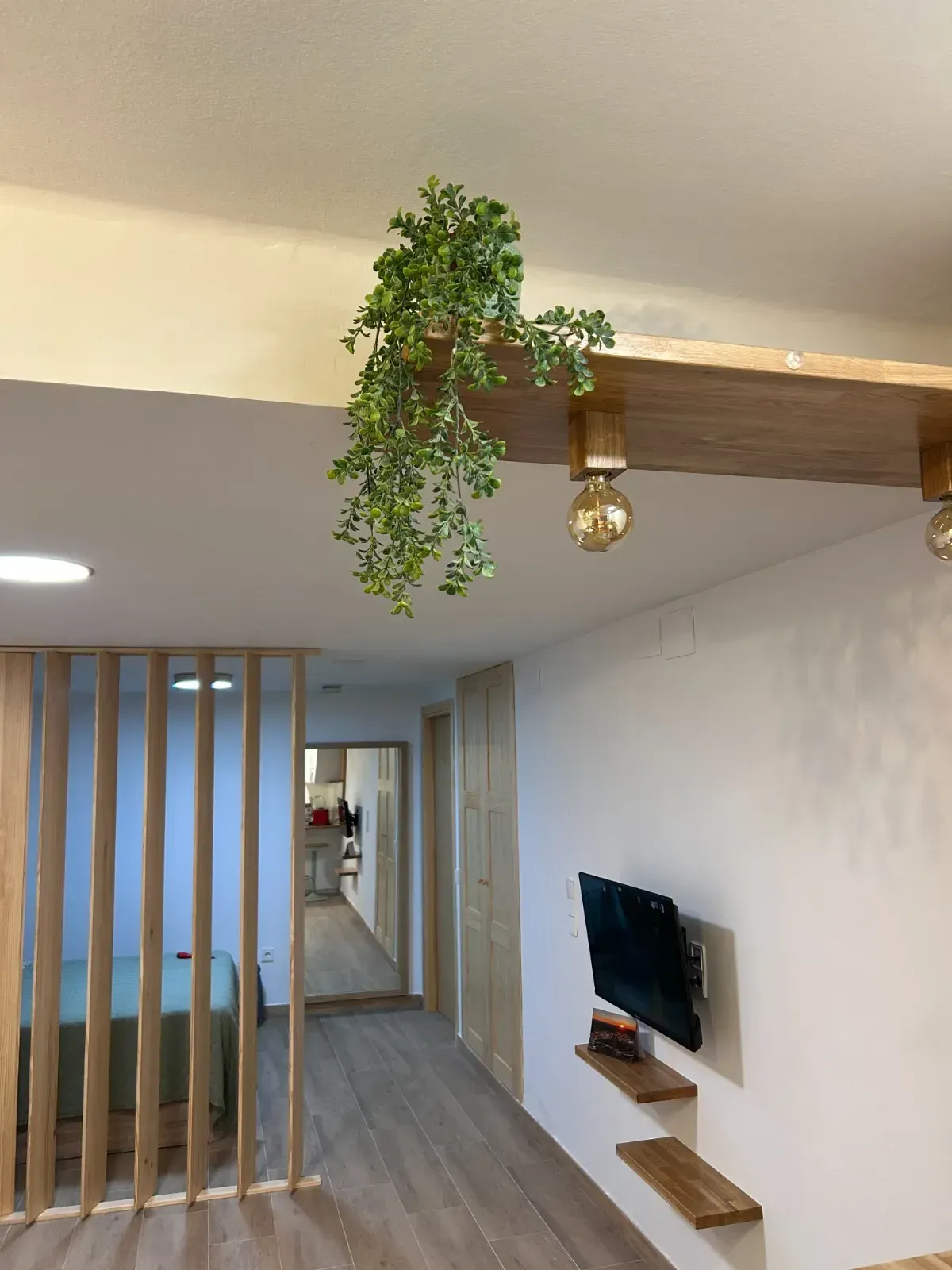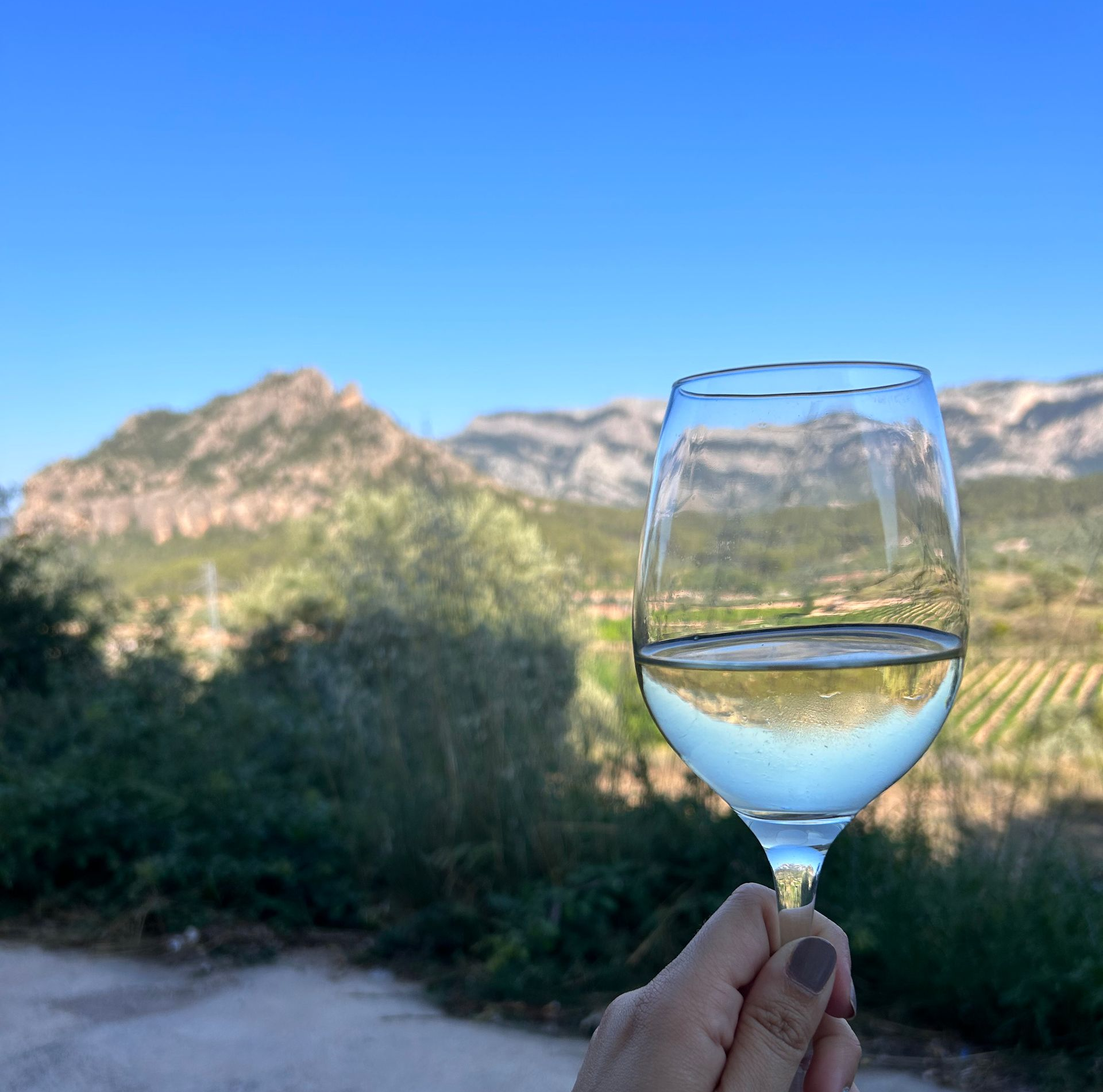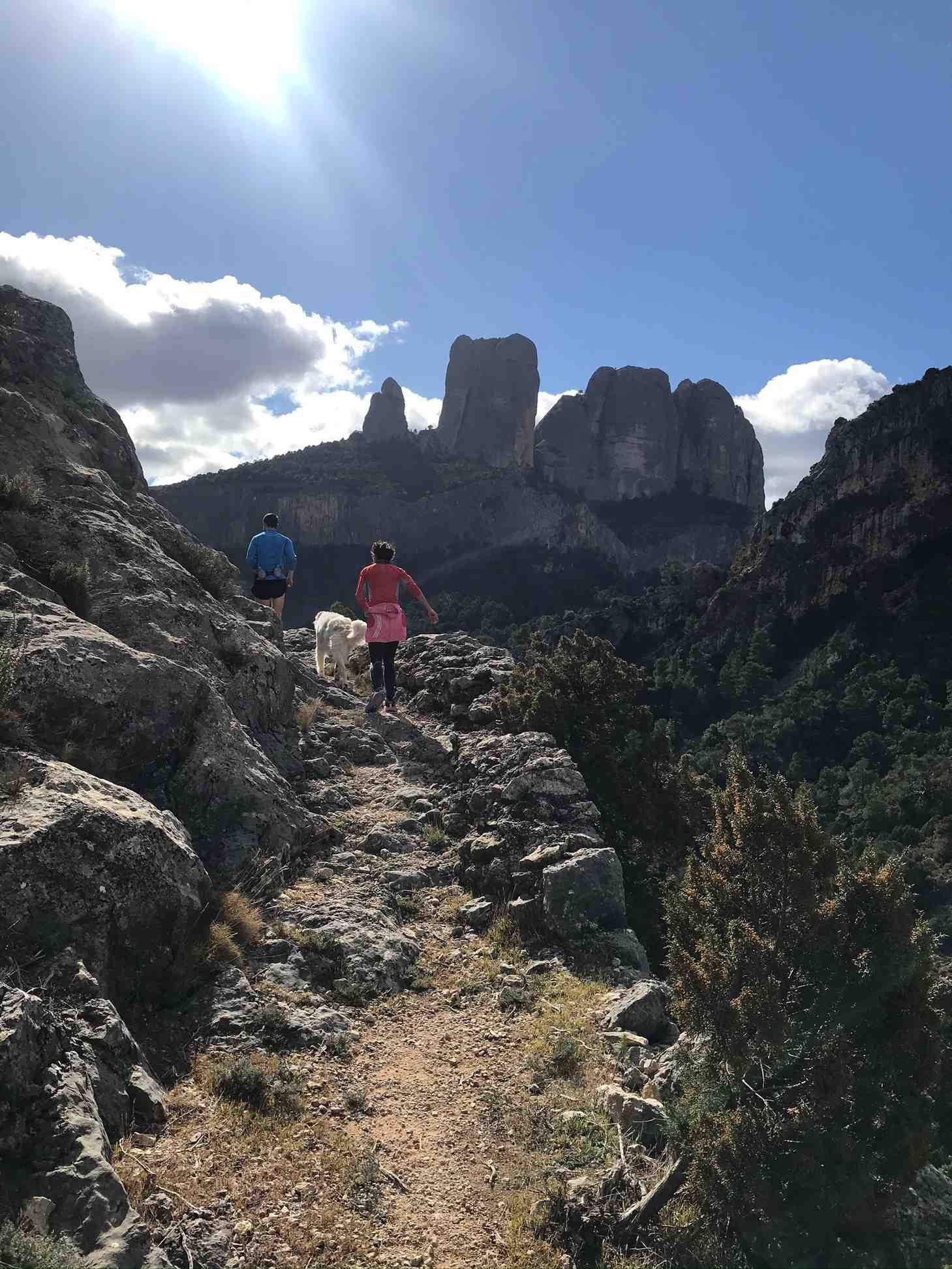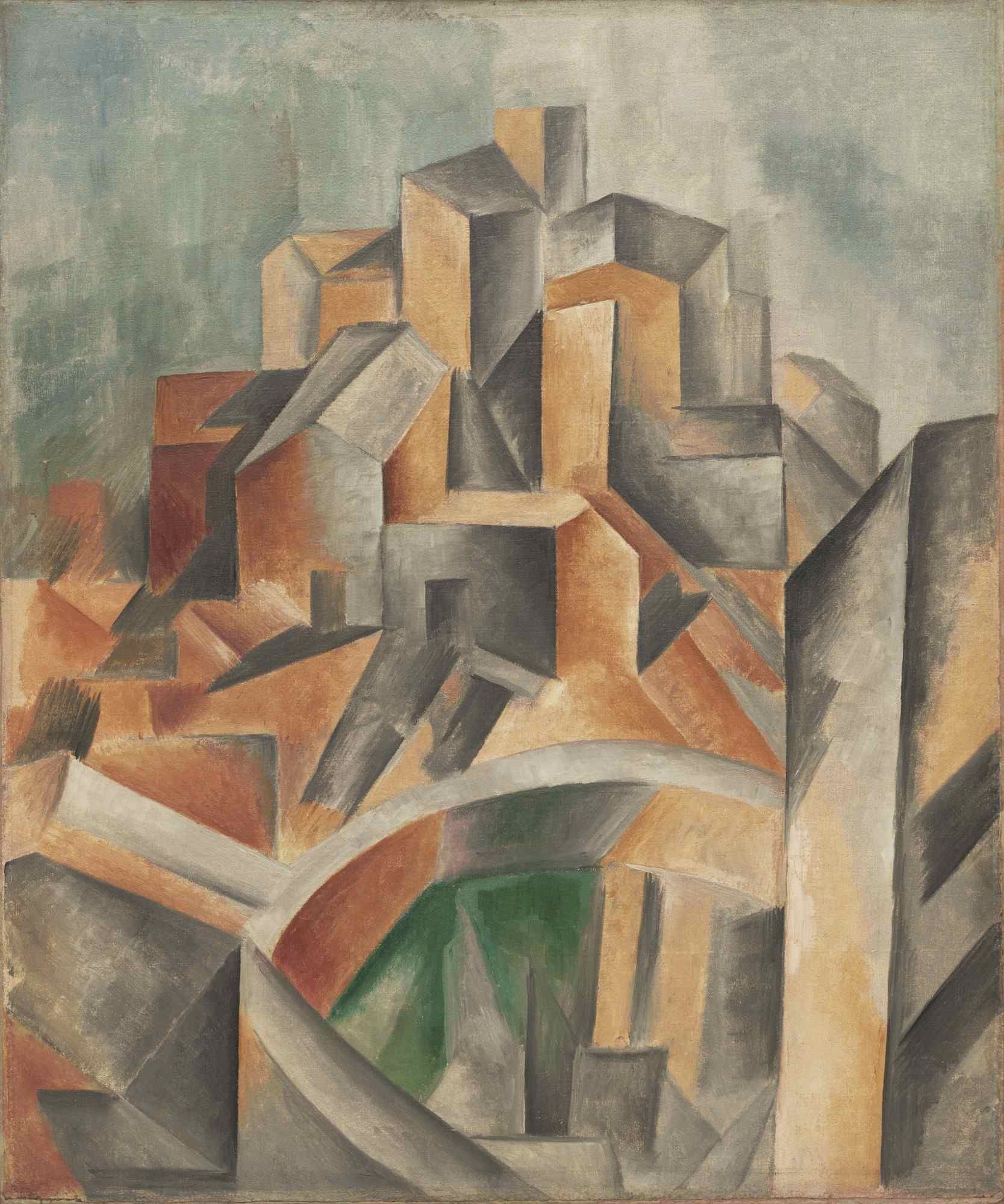Amid walls full of history, two brothers are driving a project with a life of its own
The origin of CanSablet
A place made with love,
to share
CanSablet is an invitation to live calmly, to reconnect with the essential, and to enjoy authenticity. We are building this project little by little, with the help of architects, artisans, and friends who believe, like us, that tourism can be more than just a night away.
Thank you for being part of this journey.
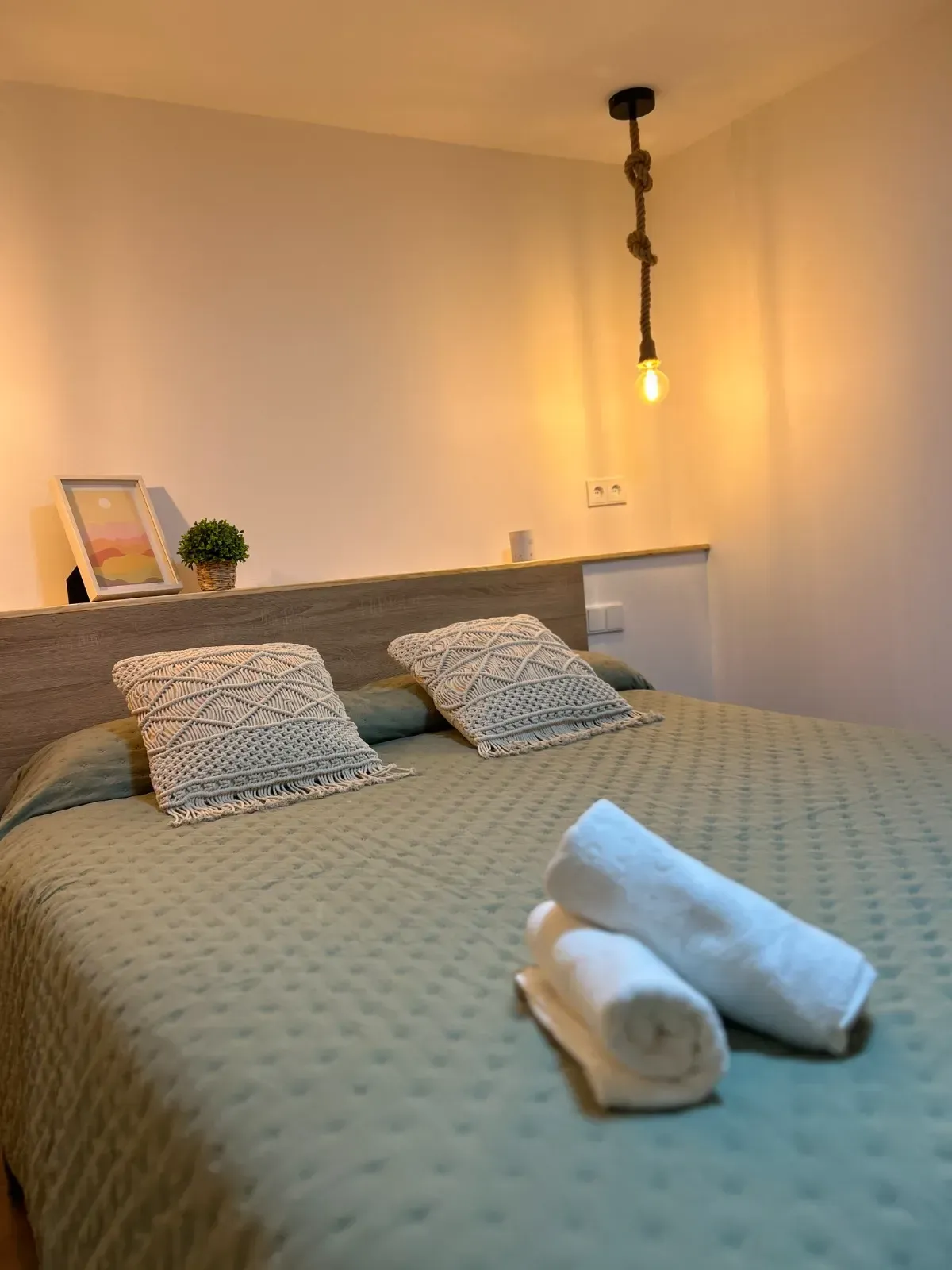
A project with family roots
CanSablet isn't just a place to sleep; it's a reflection of a shared history. The name comes from the fusion of our family names, a symbolic way of honoring those who came before us and continuing a loving legacy. This project was born from the desire to transform a village house into a special accommodation, where every detail has meaning and every stay counts for more than just a few days of rest.
We are committed to sustainable rural tourism, respecting the memory of places, and offering authentic experiences to our visitors.
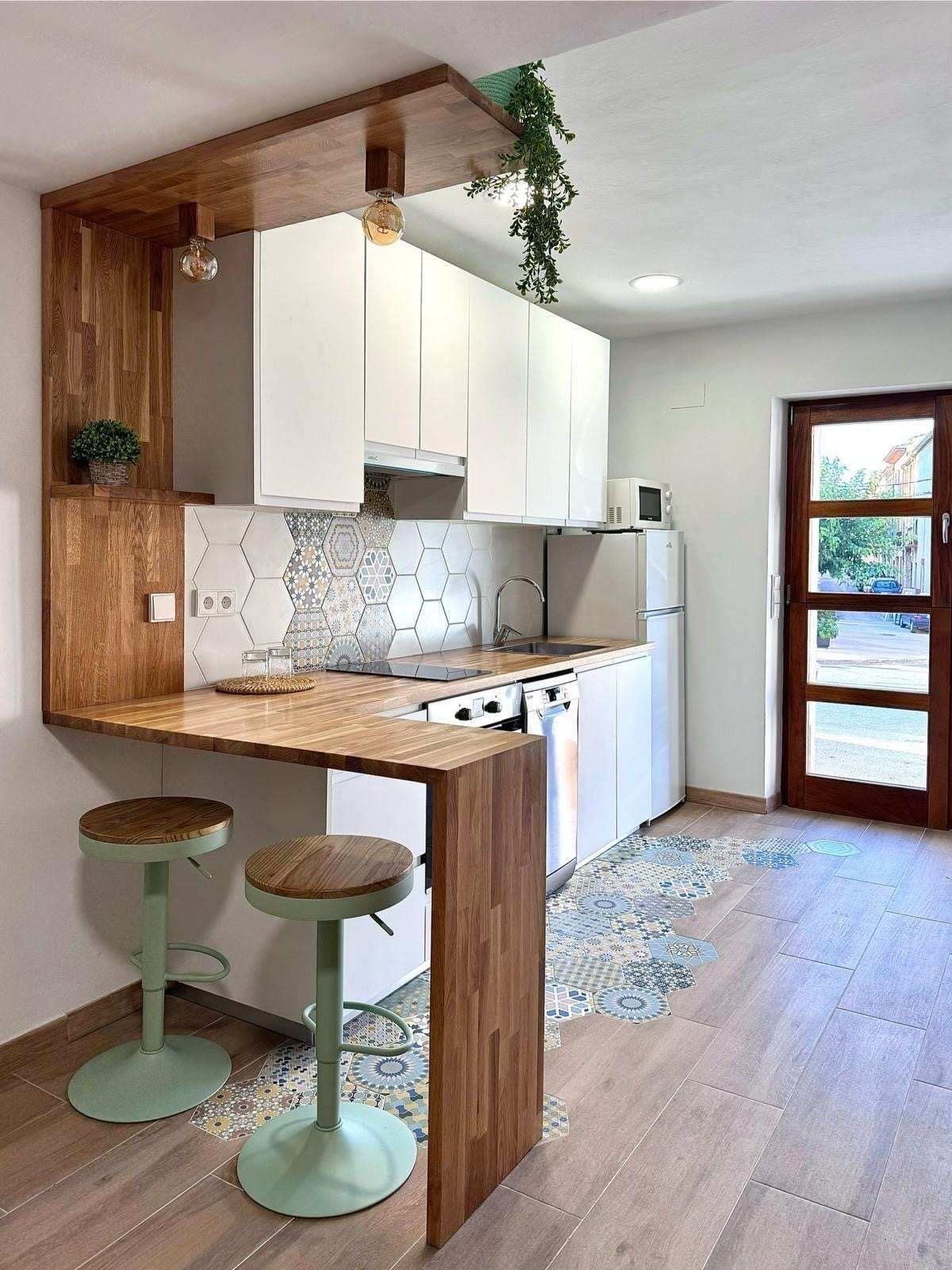
A building with soul
From the tavern to the telephone
The building that now houses CanSablet has lived many lives. It was originally a popular tavern, a meeting place for neighbors. Years later, it became the town's telephone office, a hub where stories, families, and news connected.
Today, that sense of connection lives on in our accommodation. We've preserved the building's original character while adapting it to its new use as a rural apartment house, respecting the architecture, materials, and, above all, the welcoming spirit that has always permeated it.
Artistic inspiration and cultural environment
We are located in a privileged natural setting, surrounded by mountains, trails, and green spaces, but also with great cultural value. This town has a special connection with Picasso, who found inspiration for his work and refuge here at key moments in his life.
This artistic connection inspires us in the way we decorate and give personality to each apartment: we seek to ensure that each space evokes a part of the local history, whether through the names, the construction details, or the small pieces of art that shape each corner.




